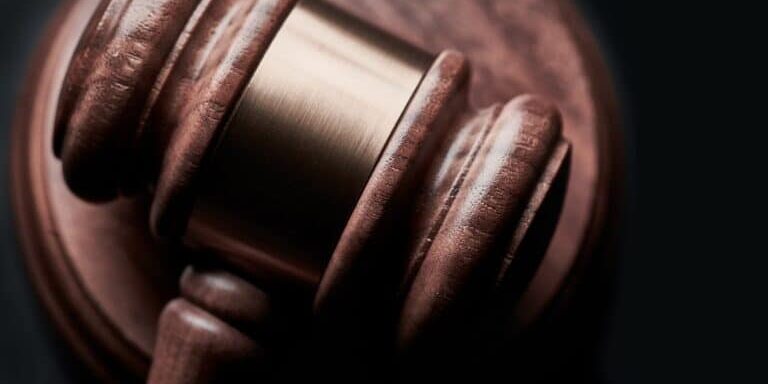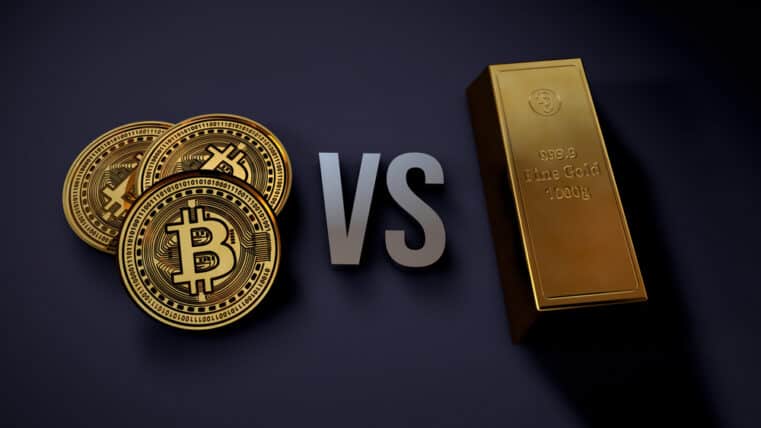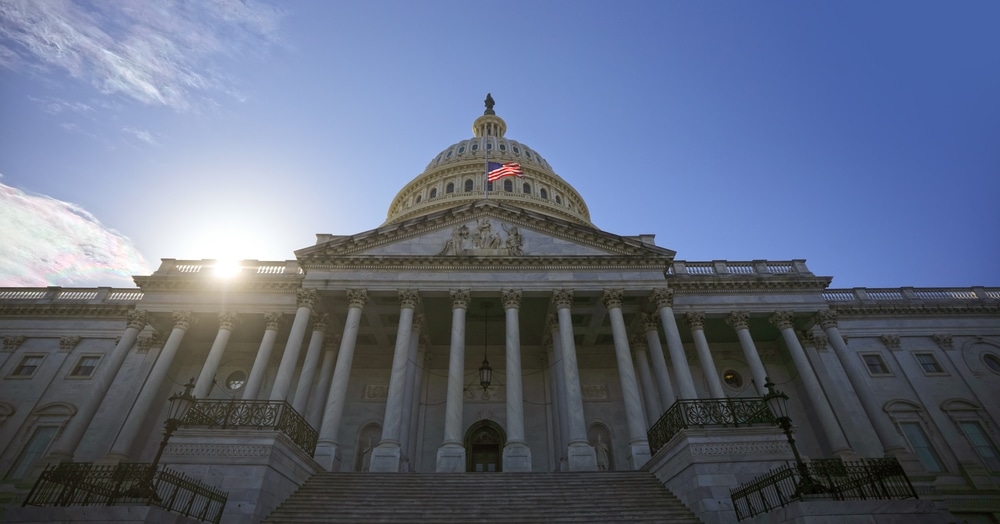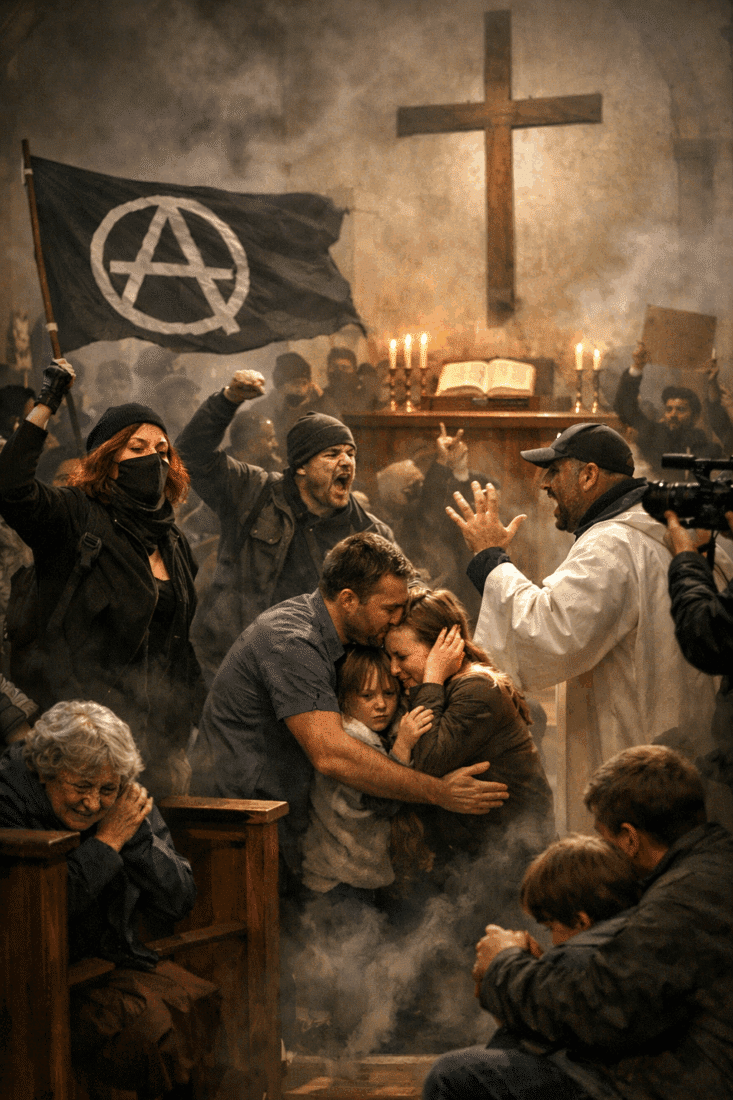
Judicial Time Bombs: Supreme Court Decisions Poised to Shake America
As the Supreme Court gears up to conclude its decision season by the end of June, several high-stakes cases loom that could significantly alter the nation’s political and social fabric in a crucial election year.
In less than three weeks, the high court is expected to decide matters involving abortion, social media, the 2nd Amendment and of course - Trump, The Hill reports.
Trump's Legal Battles Take Center Stage
At the forefront is former President Donald Trump’s appeal regarding criminal immunity for official acts performed by former presidents. The outcome could affect ongoing charges against him in federal election interference cases in Georgia and Florida, potentially dismissing these charges or even halting the trials altogether. During oral arguments, the justices seemed open to granting some form of immunity to former presidents, which could lead to further delays in these high-profile cases.
At oral arguments, the justices appeared inclined to carve out some immunity for former presidents, leaving for a lower court whether the specific allegations against Trump fall within that shield.
That narrow resolution could provide Trump with more pathways to delay his cases, as he hopes to retake the White House following November’s election and grind his remaining indictments to a halt.
Meanwhile, one Jan. 6 rioter's appeal could help Trump - as one of four charges the former president faces is obstruction of an official proceeding. When said rioter challenged the use of this provision, the Supreme Court seemed skeptical of the DOJ's use of the charge.
Social Media Rights Under Scrutiny
The Court is also set to decide on the rights of social media platforms, with significant implications for free speech online. This includes cases from Texas and Florida, where laws have been enacted to prevent social media platforms from banning users based on political views, challenging the platforms' First Amendment rights to editorial discretion. The justices showed mixed reactions during the February arguments, reflecting the complexity of balancing regulatory measures with free speech.
The rights afforded to social media platforms are on the line in two cases stemming from controversial laws regulating social media bans in Texas and Florida.
The laws aim to prevent social media companies from banning users based on their political views — even if users violate platform policies.
Tech industry groups challenged the legislation as a violation of private companies’ First Amendment rights, arguing that the laws allowed the government to walk all over platforms’ editorial discretion.
The justices appeared conflicted over the laws during oral arguments in February.
A third case against the Biden administration threatens to upend how the federal government quells misinformation online in the wake of the COVID-19 pandemic and 2020 presidential election.
The Fate of a Widely Used Abortion Pill
Another critical decision involves the abortion pill mifepristone, with the justices evaluating changes made by the FDA that ease access to the medication. This ruling follows the conservative majority’s previous decision to overturn Roe v. Wade, and it could further impact abortion access across the United States, depending on whether the Court restricts the use of the pill, which is involved in over half of all abortions nationally.
A group of anti-abortion doctors and medical associations challenged changes made by the FDA over the past decade easing access to the pill, including increasing the gestational age at which mifepristone can be used to up to 10 weeks of pregnancy and allowing the medication to be mailed.
The high-stakes case could impact abortion access in both red and blue states, with mifepristone being used in more than half of abortions nationwide.
During March oral arguments, a majority of justices appeared skeptical that the challengers were sufficiently harmed to have gained legal standing to bring their case.
Gun Rights Reexamined
The Court is addressing two major gun rights cases. The first involves the constitutionality of federal restrictions on gun possession for individuals under domestic-violence restraining orders. Initial hearings suggest the Court may uphold these restrictions. The second case examines the legality of Trump-era regulations on bump stocks, with the justices appearing divided during arguments.
Potential Overhaul of Federal Agency Power
Lastly, the justices are considering a challenge to the Chevron deference, a pivotal doctrine that has permitted federal agencies broad regulatory authority for decades. A decision to overturn this precedent could significantly rein in the power of the executive branch to enact regulatory changes across various sectors, including environmental protection and financial regulations.
Each of these decisions not only holds profound implications for the individuals and policies directly involved but also for the broader trajectory of American political and social life, signaling a potentially transformative period in U.S. jurisprudence.
This article originally appeared on Zero Hedge











